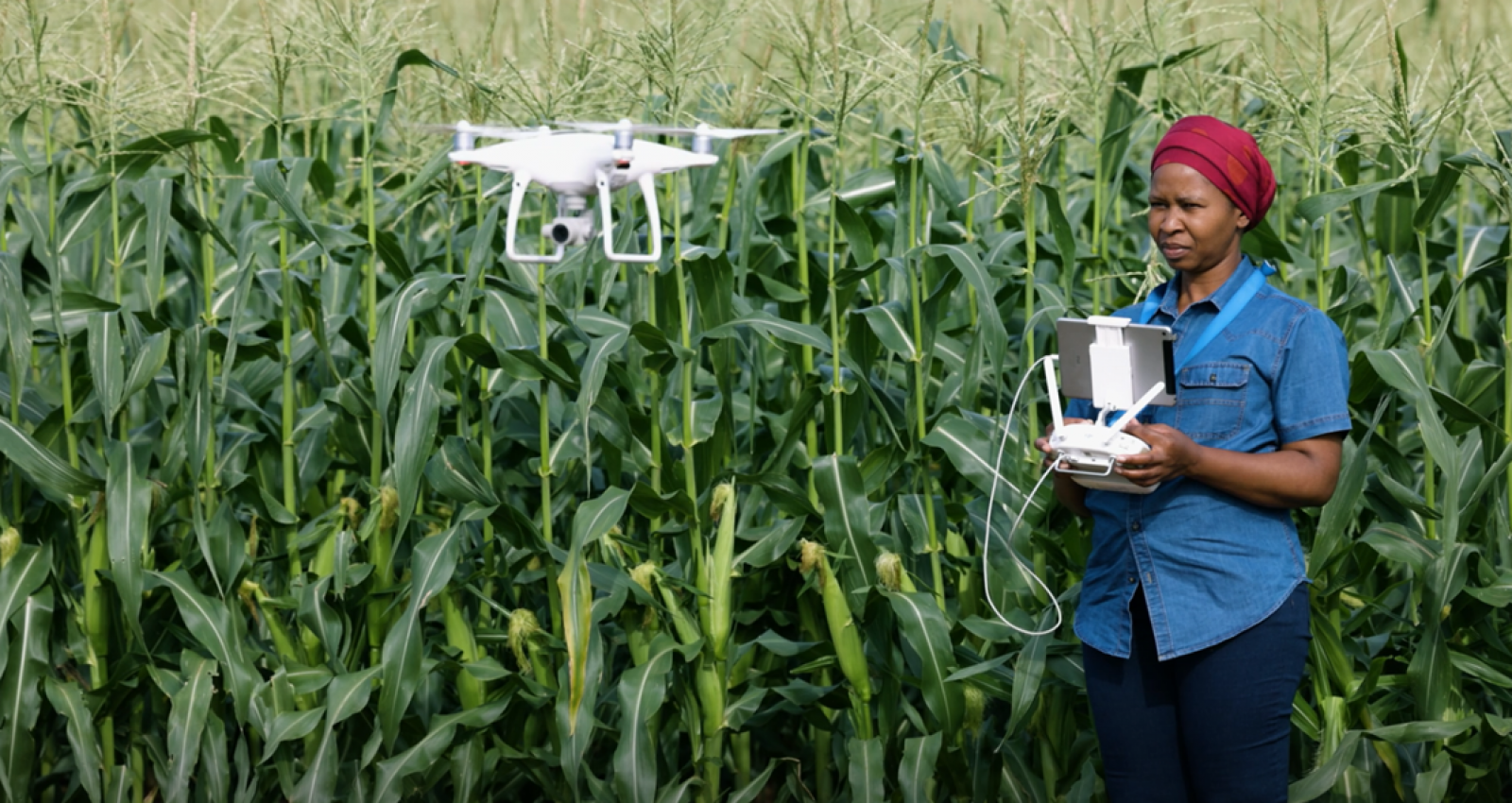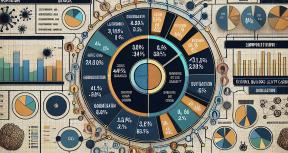Disruptive and transformative technologies (DTT) offer the welcome promise of faster progress and transforming people’s lives for the better. With the combined impacts of conflict, climate change, and the Covid-19 pandemic threatening to drive up global poverty levels for the first time in decades, harnessing the potential of DTT is now more important than ever. But DTT also come with significant risks, such as, for example, income inequality, the lack of data privacy, and cyber surveillance.
The Independent Evaluation Group (IEG) recently assessed how well prepared the World Bank Group was to help clients leverage the opportunities and mitigate the risk posed by DTT. The evaluation found that, given the accelerating pace and complexity of technological change, the World Bank Group is not yet sufficiently well prepared to help clients harness the opportunities and mitigate the risks posed by DTT, despite some areas of strength.
Areas of Strength
The evaluation found that the World Bank Group’s traditional areas of strength have enabled its support for DTT. These areas of strength include the World Bank Group’s support for global public goods, its honest broker role, its capacity to provide technical advice and analysis, and its ability to mobilize financing from trust funds and IDA (the fund for the world’s poorest countries).
In addition, there are some innovative World Bank-wide DTT initiatives, including the Development Data Partnership, Geospatial Operations Support Team (GOST) initiative, Geo-Enabling for Monitoring and Supervision (GEMS), and the International Finance Corporation’s (IFC) TechEmerge and Scale-X.
Areas for Improvement
Despite its traditional strengths and innovative initiatives, there are a number of areas where the World Bank Group is less prepared.
First, the Bank Group’s DTT diagnostics are not yet sufficiently well-linked with the twin goals of reducing poverty and promoting shared prosperity. The diagnostics have often failed to address fundamental questions, such as: What explains low usage of DTT when there is internet coverage? Is low usage the result of high cost or the lack of local content? When there is usage, how effectively does it contribute to the twin goals?
Second, the World Bank Group has yet to address the organization’s staff skills and mindsets for DTT. It came as a surprise to us that the World Bank Group has yet to identify the staff skills that it needs for DTT, the staff skills that it currently has, and how any gaps will be filled. In line with the World Bank Group’s Human Resources Strategy for the fiscal years 2020 to 2022, the evaluation also found that mindsets for continuous learning and adaptation in relation to DTT need greater attention.
Third, the World Bank has yet to tackle procurement bottlenecks in DTT projects. Procurement was universally identified by staff interviewed for this evaluation as a major constraint in DTT projects. The World Bank has introduced some flexibility in procurement rules, for example, introducing two-stage bidding where the exact solutions are not known upfront, and reducing the threshold for bidders’ years of experience to allow younger, innovative firms to bid. However, staff are reluctant to use these flexibilities given insufficient guidance on how to apply them in different situations and given an incentive environment that encourages risk aversion.
Fourth, while IEG found specific examples of effective collaboration, there is insufficient collaboration on DTT across the World Bank Group. The need for enhanced collaboration across sectors is underlined by the wide-ranging nature of DTT projects that require not only digital hardware but also analog complements such as policies, institutions, and skills. Successful DTT-related outcomes also require knowledge and inputs from both the public and private sectors.
Fifth, the World Bank Group has yet to create an institutional culture that fosters informed risk taking and innovation when it comes to DTT. Harnessing new technology often demands innovation, which by definition is without precedent and inevitably risky. There are several levers for informed risk taking and innovation that the World Bank Group can employ:
- Clear signaling by World Bank Group management on risk taking and how failure will be treated;
- Asking questions in operational review meetings that encourage innovation over routine;
- Reevaluating what is rewarded in staff performance evaluation and the criteria that are used for career development and staff promotions.
Paths to Better Preparedness
To make quicker progress on the twin goals, the World Bank Group will need to seize every opportunity to harness DTT and to address, in particular, the risks posed by DTT—solid diagnostics will be critical in this regard. Better preparation will also require a World Bank Group workforce equipped with the necessary skills to harness DTT opportunities and mitigate DTT risks. This will require the World Bank Group to identify DTT-relevant skills, determine gaps in these skills, and fill these gaps. Furthermore, improving the effectiveness and efficiency of World Bank procurement for DTT projects will help the World Bank Group to be better prepared to support DTT.
Further areas that can help the World Bank Group to be better prepared for DTT include a stronger focus on development data, addressing the gender-differential impacts of DTT, and greater attention to imparting 21st century skills. What distinguishes the current DTT revolution from past technological revolutions is the explosion of data. In 2015 and 2016 alone, more data were created than in all previous years combined. But the World Bank Group is yet to become a data-driven organization that optimizes the use of public and private data, which is both made increasingly available by DTT and more effectively mined using DTT. With regard to gender-differential impacts of DTT, IEG found that just 7% of World Bank Advisory Services and Analytics (ASA) in the ICT sector approved during the fiscal years 2015 to 2018 were gender-relevant ASAs. This is a particular concern since it is in ASA that new opportunities to address the gender-differential impacts of DTT can be explored. In the area of skills, the World Bank Group has an opportunity to move the narrative forward from literacy and numeracy to include 21st century skills, in particular, the ability to learn and adapt.
To conclude, given that technology is set to continue to advance and evolve throughout our lifetimes, the World Bank Group will need to develop the organizational capability and mindset to learn, anticipate, and adapt to change on an ongoing basis—a one-time fix will not suffice. With better preparation the World Bank Group can respond more effectively and efficiently to the twin goals. Such preparation can also help improve the World Bank Group’s response to COVID-19 and facilitate its goal of building back better.
* This blog is based on IEG’s recently released evaluation “Mobilizing Technology for Development: An Assessment of World Bank Group Preparedness.” The evaluation was conducted under the guidance and direction of Galina Sotirova and Oscar Calvo-Gonzalez, and benefited from the contribution of several other IEG staff and consultants. Inputs to this blog were also provided by William Stebbins and Arunjana Das. The authors are grateful for each of these contributions.











Add new comment